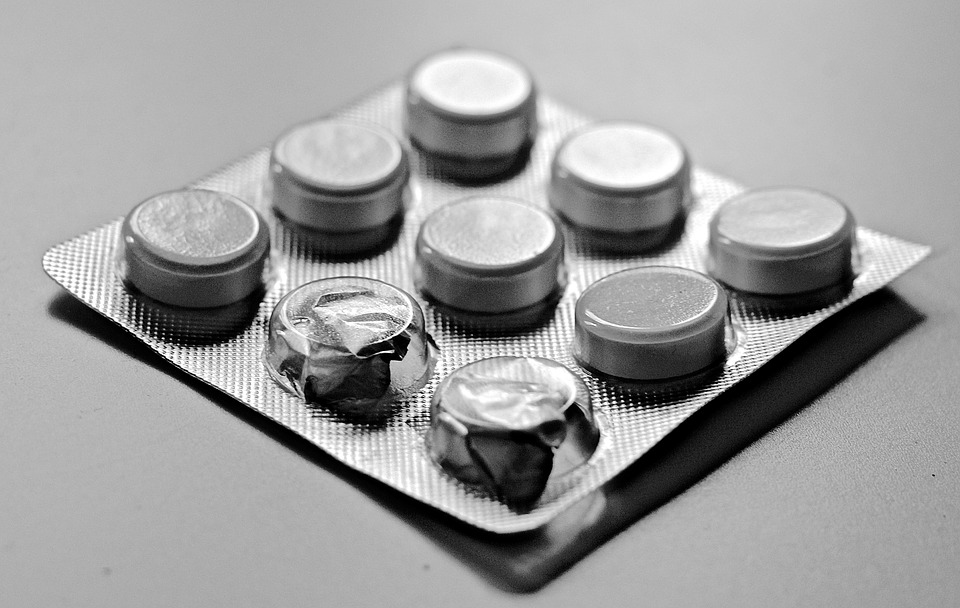According to the Health Authorities in British Columbia (Canada), “more organs are available for transplantation and some of these organs come from victims of drug overdose”.
A state of emergency was declared in this region ten months ago given the number of deaths related to drug overdose. In 2016, “914 people died after consuming illegal drugs [80% more than in 2015]. Many of these were related to fentanyl – a potent opioid[1]“. In January 2017, 116 deaths due to overdose were recorded. This wave of deaths“is unexpectedly and paradoxically boosting organ donation”. Since early 2017, a quarter of deceased donors have died from an overdose.
“Previously, we would not have accepted this type of donor because of concerns related to disease transmission,” explained Doctor David Lansberg[2]. “We are still as concerned about this as we were a few years ago, but we now have better systems in place to check there is no active disease – we can then be certain that we are offering safe organs to people,” he continued. Doctor Lansberg believes that,“if you were dying, were told that you had 48 hours to life and were asked if you wanted a kidney from someone who took crack but was otherwise in good health…. of course you would take it”. He nevertheless declared that this situation left him feeling “ambivalent”: “I would like to see an end to the fentanyl epidemic but I also want to see people on waiting lists receive organ donations”.
[1] Sedative.
[2] Director of the Kidney Transplant Programme in British Columbia.

